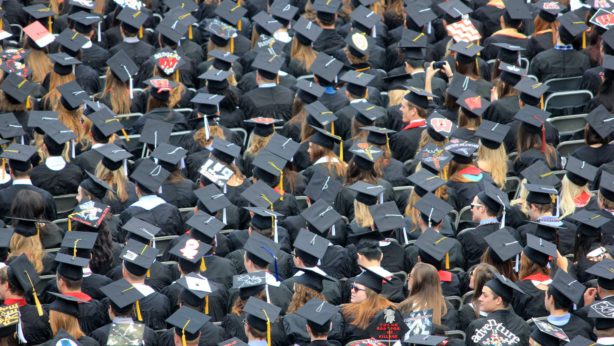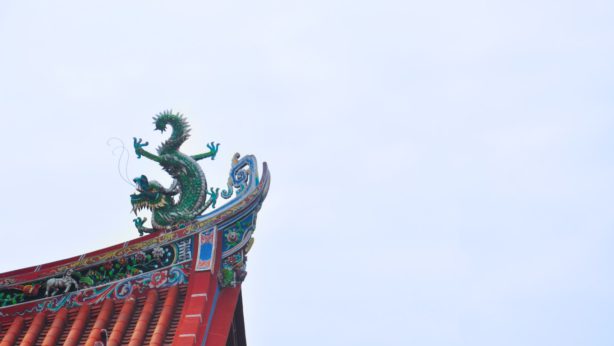Self-delusion

Since childhood, we have always been taught to be honest, not to lie or not to deceive others—yet the most important thing is that we must not deceive ourselves.
A story in The Brothers Karamazov by a Russian novelist Fyodor Dostoevsky—the main character, Fyodor Pavlovich, brought his son to the monastery to meet Father Zosima, the Elder. He knelt down and asked the Elder how to get eternal life, Father Zosima then answered and told him not to drink too much, not to talk through his hat, not to be obsessed over women or money, and shut down his taverns. More importantly—not to lie.
“First of all, do not lie to yourself,” the Elder explained, those who lie to themselves and believe in their lies will eventually lose their ability to distinguish right from wrong. Not only will they be unable to distinguish his / her own right and wrong, they will also begin to be unable to distinguish right from wrong in the world. As a result, they will neither respect themselves nor the others. Because they do not respect anyone, they will not find love. Without love, they will indulge in lust for pleasure, do evil, and finally become a beast. All these stem from the constant lying to others and oneself.
Similarly, traditional Chinese culture lectures people on the dangers of self-deception.
The Great Learning emphasizes “Making the thoughts sincere”, which means one must not practice self-deception—just as we would be repulsed by rancid smell, or we would be pleased by beautiful colours— everything should come from our hearts. Zhu Xi later explained the definition of self-deception in Juan 16 of Classified Conversations of Master Zhu—as if one wants to do good, yet behind is a person who opposes the good acts; as if one wants to do evil, yet behind is a person who disagrees with the evil acts; as if one claims to have 120 catties of rice when he / she only has 108 catties—the one who owes is the root of self-deception.
Zhu Xi indicated that when one wants to do good, one should realize of his / her limitation, if one does not speak of this limitation, and even try to hide it, then this will be considered self-deception. The biggest problem of which is, as Zhu Xi pointed out, “to disguise the true evil with the false good”. (Juan 16, Classified Conversations of Master Zhu) Therefore, self-deception is worse than deceiving others.
On the one hand, the Christian faith advises people not to lie.
For instance, “The Lord detests lying lips, but he delights in people who are trustworthy.”
Proverbs 12:22 NIV
“Do not lie to each other, since you have taken off your old self with its practices”
Colossians 3:9-10
Moreover, Christianity emphasizes the hearts and advocates staying true to oneself—same as Chinese culture.
“If anyone thinks they are something when they are not, they deceive themselves,” (Galatians 6:3) Paul warned, “Do not be deceived: God cannot be mocked. A man reaps what he sows.” (Galatians 6:7) The author of James reminded believers, “Do not merely listen to the word, and so deceive yourselves. Do what it says,” (James 1:22) he reiterated, “Those who consider themselves religious and yet do not keep a tight rein on their tongues deceive themselves, and their religion is worthless.” (James 1:26) “If we claim to have fellowship with him and yet walk in the darkness, we lie and do not live out the truth,” (1 John 1:6) the author of the Gospel John said, “If we claim to be without sin, we deceive ourselves and the truth is not in us.” (1 John 1:8)
In this time of paradox, where the world is filled with hypocrisy and lies. We pray that the Lord will protect us and enable us to be honest, from falling into self-deceptive lies, and treat ourselves honestly and live a sincere life. Amen!




